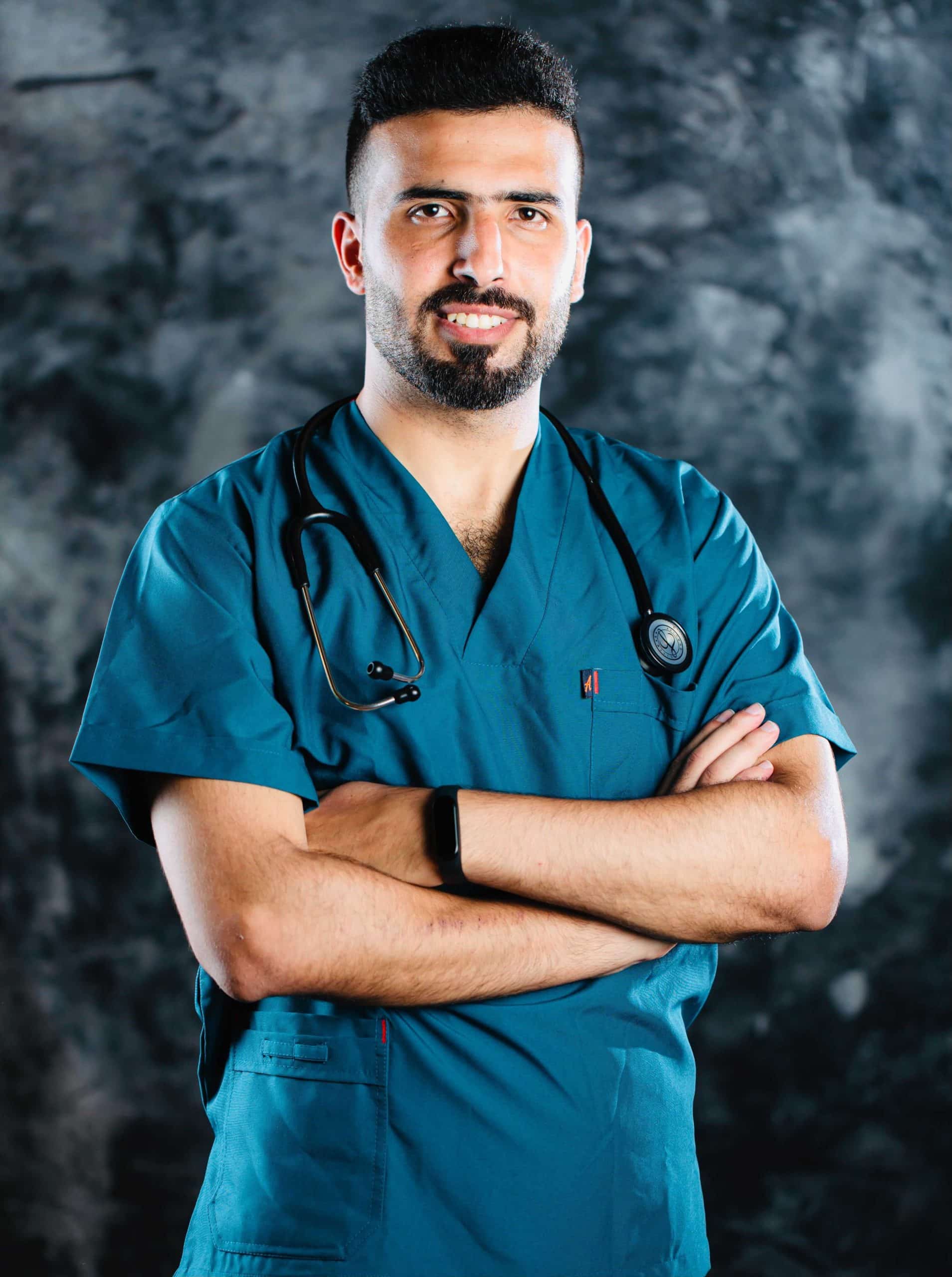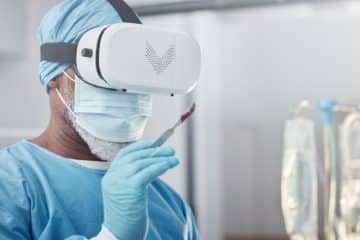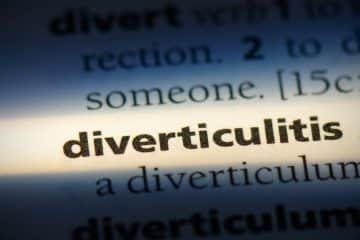What are the Symptoms of Diverticulitis?-Overview
Diverticulitis is the infection or inflammation of sacks that can develop in your bowel. Diverticula are the medical term for these sacks.
The sacks are typically not dangerous. They might appear anywhere in your bowel.
Diverticulosis is the term used to describe them if you have it. You get the disease if they inflame or get infected. this disease may sometimes be mild. But it can also be serious, performing in a ruptured bowel or a perforation (your croaker will call it that).
Diverticulosis is the condition in which there are diverticula. Diverticulitis is a disorder when one or more of the pouches become inflamed and perhaps infected.
It can result in excruciating stomach pain, fever, nausea, and a noticeable change in bowel patterns.
Rest, dietary modifications and antibiotics can all be used to treat mild diseases. Diverticulitis that is severe or keeps coming back may need surgery.
Diverticular Disease and Diverticulitis
Diverticula are tiny pockets or bulges that can occur in the intestine’s lining as you age.
The majority of people who have diverticula don’t have any symptoms and learn they have them only after getting a scan for another reason.
Diverticulosis is what it is called when there are no symptoms. Diverticular disease is the term used to describe when diverticula induce symptoms including lower abdominal pain.
Diverticulitis is the medical term for when the diverticula become inflamed or infected and produce more severe symptoms.
If you do not consume enough fiber in your diet, you are more prone to develop diverticular disease and diverticulitis.
Symptoms of Diverticulosis and Diverticulitis
The symptoms of the disease may differ from the diverticulosis itself, therefore, here are some symptoms of diverticulosis and diverticulitis.
Symptoms of Diverticulosis

Symptoms of Diverticulitis
Diverticulosis typically has no symptoms. However, when there are numerous diverticula (pouches), it may interfere with the bowel’s regular, efficient operation.
- Various symptoms could result from this, including:
- Bloating and abdominal ache
- Both diarrhea and constipation
- Flatulence
- Blood in the feces is often a minor problem, but if a diverticulum becomes irritated or is
- Located close to a blood vessel.
- Bleeding may become heavy and cause anemia.
Many of these signs and symptoms are also present in bowel cancer. Since diverticulosis is more frequent, diverticulosis may be to blame for these symptoms rather than malignancy. A specialist will, however, typically evaluate these symptoms; your doctor will send you.
Symptoms of Diverticulitis
Symptoms of this disorder may include:
- Sharp pain, frequently localized to a specific area, such as the lower left half of the abdomen.
- Fever.
- Abdominal distension (bloating).
- Nausea and Vomiting (N &V).
- Diagnosis of Diverticulitis
Diverticulosis frequently goes unseen and is therefore typically found during tests for other illnesses, such as colorectal cancer. Typically, this disease is discovered during an acute bout.
The following tests are used to confirm the diverticular disease diagnosis:
Medical Record and History. including dietary history
Physical Exam (including a rectal exam)
Colonoscopy: A thin, flexible tube is placed into the anus so that the physician can view the whole length of the large intestine.
Barium Enema: X-rays are taken when a particular contrasting dye like a barium enema is pumped into the colon during a.
CT Scan: To find abscesses outside the lining of the bowel
Blood Testing: To look for infection signs
Stool Tests: To check for infections that may mimic the symptoms of diverticulosis and diverticulitis or for the presence of blood in the feces.
Treatment of Diverticulitis

Symptoms of Diverticulitis
the disease typically necessitates rapid medical intervention and, frequently, hospital hospitalization. Mild attacks can often be treated at home, but they must always be promptly evaluated.
Treatment options include:
- No eating foods and drinks. intravenous fluids are administered to relax the colon.
- Antibiotics.
- Medicine for reducing pain.
- Surgery may be necessary if the weakened gut wall has ruptured, become clogged, or if the infection attack does not go away.
- Colostomy – A colostomy bag will be inserted if it is not possible to reconnect the healthy parts of the bowel. If the procedure is conducted in an emergency, this is more typical. Colostomy use is often only brief, and if health permits, the bowel can be rejoined after six to twelve months.
Long-term administration of a weak antibiotic is frequently required to stop subsequent episodes.
See Also
https://www.nhs.uk/conditions/diverticular-disease-and-diverticulitis/

Dr.Sharif Samir Alijla, is a general medical doctor and a well-rounded professional that cares and treats patients from Palestine. I participated in many medical studies and conferences, I've launched a range of community initiatives and taken part in a variety of leadership and change training programs. I worked as an author for many medical websites such as TebFact . I specialized in writing medical articles from authoritative and updated sources in a simple and smooth the way for the reader.



